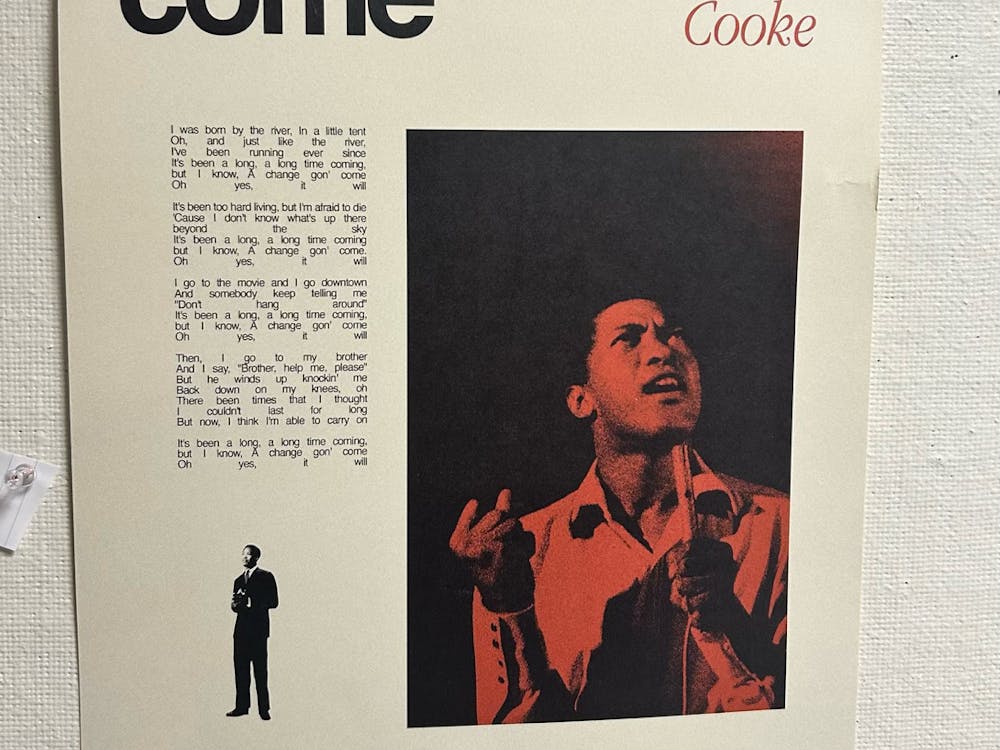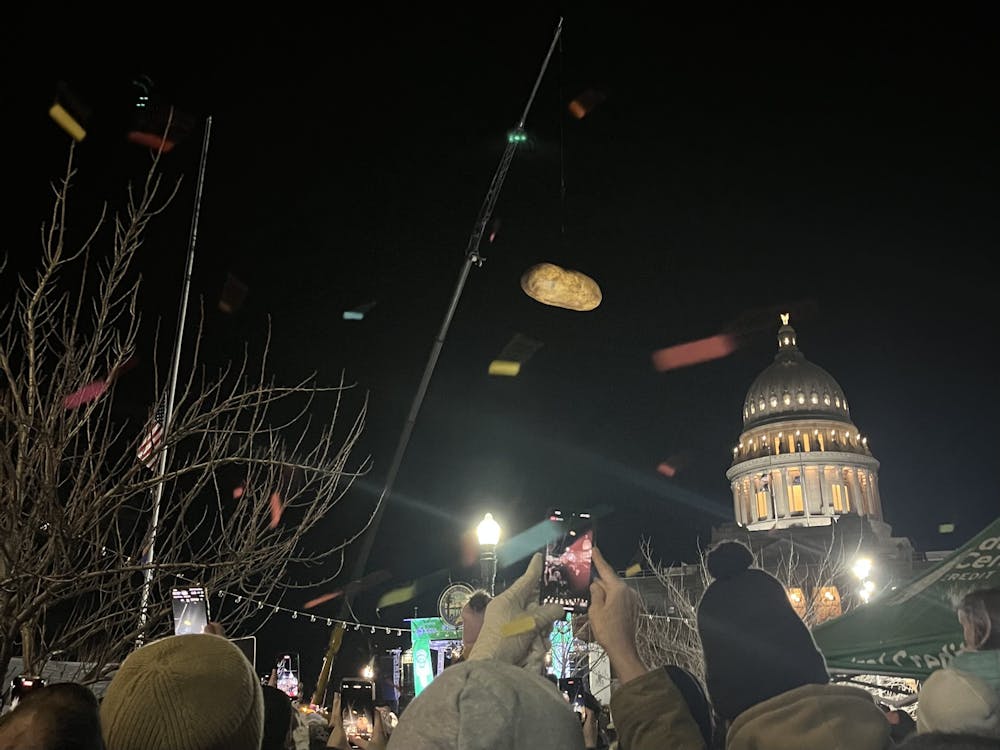During and following the pandemic, reading has been on the rise. This has been evident among online communities, like and including TikTok’s “BookTok.” There, readers share book reviews, talk about their reading habits and recommend books to other TikTok users.
Since then, BookTok has brought a very specific brand of reading to the forefront of mainstream pop culture. While reading had never been fully removed from pop culture, the additional leisure time people experienced while quarantining in their homes in 2020 required them to (re)discover ways to pass the time; many young people rediscovered a love of reading that stuck with them, even after life returned to normal. In particular, young women have benefited from the community cultivated by BookTok. Broadly, people who may have previously viewed reading as a solitary activity were newly able to connect with other readers over their shared interest in literature.
Beyond providing an online community for young readers to take part in, BookTok has reshaped the way books are recommended and marketed. Unlike YouTube, TikTok demands short-form content, forcing users to engage with their audiences in a snappy, concise manner or risk losing their attention. With the seemingly endless stream of content available on TikTok’s “For You” feed, content creators recommending books on TikTok are compelled to make their recommendations quickly. To do so, they often organize their recommendations around tropes and aesthetics which readers are already familiar with.
You might expect that this sort of surface-level methodology would prove fruitless, but it’s actually fairly effective. The most popular genres on BookTok — fantasy and romance, which, combined, have been newly termed “romantasy” — often have similar aesthetics and tropes at play, allowing for readers to discover new titles that align with what they know they like. Popular examples of these aesthetics and tropes might include fantasy books centered around fae and faeries, as popularized by authors like Sarah J. Maas and Holly Black, or, more broadly, romance novels where the love interests start off as enemies. These tropes and aesthetics often overlap.
Of course, this is not the only genre popular on BookTok. Beyond romantasy, classic and contemporary works alike have been newly popularized by the “dark academia” aesthetic, which romanticizes higher education, art and literature. Donna Tartt’s The Secret History is credited with contributing greatly to the dark academia subculture. Alternatively, a dark academia post related to classic literature might include references to Wuthering Heights or any number of Virginia Woolf novels.
In spite of the success certain subgenres have found on BookTok, I would be remiss if I did not mention the controversies surrounding this community. One of the most common criticisms of BookTok is that its focus on tropes and aesthetics takes away from the actual act of reading — and that BookTok is reductive in focusing on social reception more than tangibly partaking in reading culture. This is not the only controversy that surrounds BookTok, but it is one of the most prominent, and there is merit to this critique.
BookTok is undoubtedly trend-centric, and the industry has been forced to respond accordingly. Bookstores have come to feature “BookTok” tables; publishers have come to seek out the romantasy books that are being demanded by consumers on TikTok. Because of BookTok, readers and publishers are increasingly attuned to one another, offering readers unexpected power and agency that the industry takes into consideration because of the BookTok community’s real impact on sales.
It cannot be understated that the value of reading indeed extends far beyond a book’s tropes and aesthetics — but BookTok has nevertheless cultivated a community with a positive impact, inviting readers to discover, consume and discuss literature online. Really, it’s an apt response to the prevalence of short-form content. BookTok is at its most successful in how deftly its users — readers and authors alike — share the essence of a book with their viewers through their reviews, pitches and recommendations.
In short, while advertising books based on their tropes and aesthetics may simplify the works discussed, it’s nevertheless exciting that BookTok has managed to connect readers and authors like never before. Furthermore, taking advantage of short-form content to revitalize interest in reading across genres is a worthy response to our increasingly digital world.





